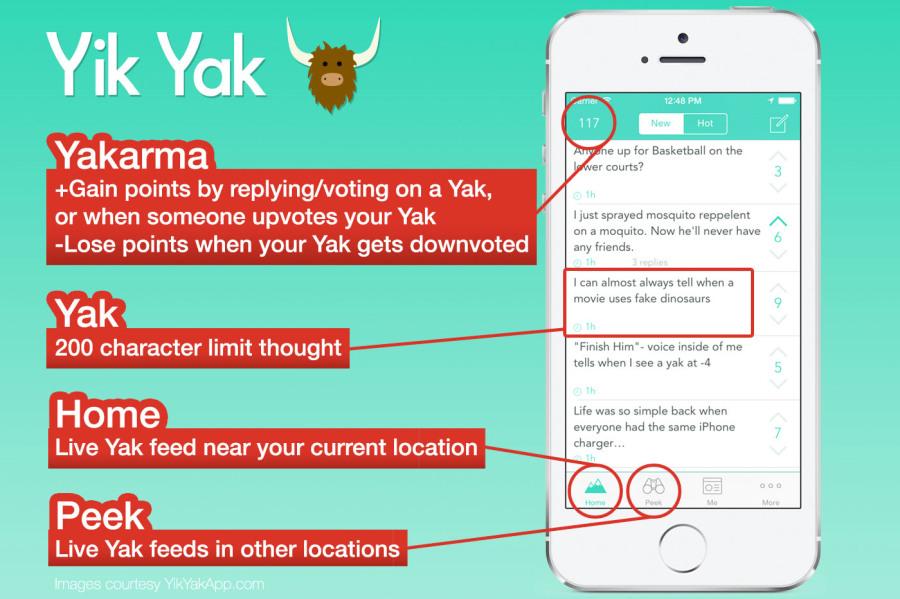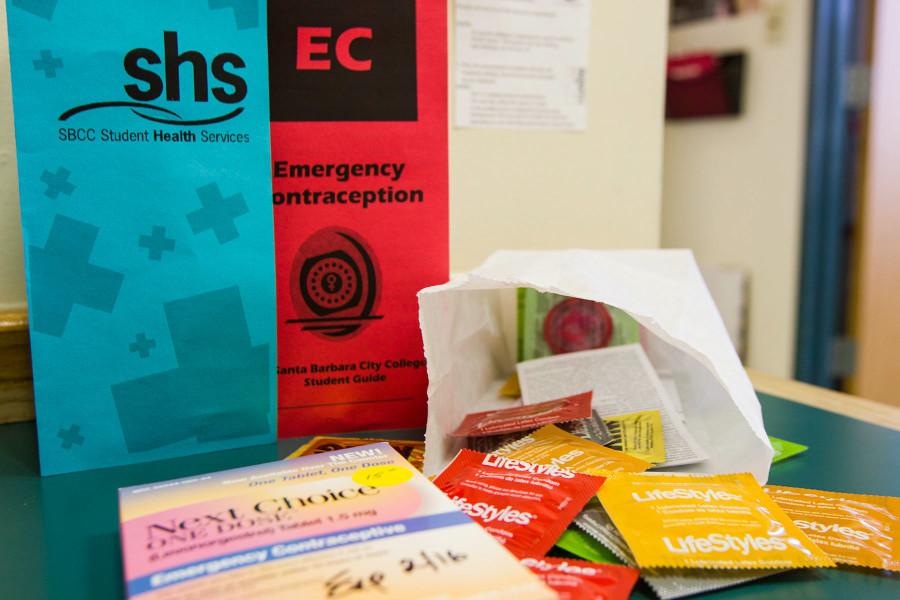No thigh-gap? No problem.
I can remember being an 11-year-old girl and believing wholeheartedly that I needed to be on a diet, though I barely weighed about 75 pounds.
It’s no secret that we live in a beauty and body image obsessed culture today that is constantly telling women how to look and how to be “beautiful.” Just think of how many companies would go out of business if women decided they actually liked the way they look? Phrases like “not sexy enough,” “too skinny,” “not pretty enough,” and the recent thigh-gap frenzy that poisons the minds of young girls on a daily basis. So much so that we have become immune to it when we see it around us. According to the Centers for Disease Control and Prevention, girls will typically see over 400 advertisements per day telling them how they should look.
Just the other day, I sat lazily on my couch enthralled in the glitz and glamour that is the red carpet at the Grammy’s, as I’ve done many times before, when something caught my attention.
Maybe it was because my phone was not offering a sufficient distraction, or because the remote was just out-of-reach enough that fast forwarding was not an option, but for some reason I allowed the commercials to play without interruption. I couldn’t help but look up when the most recent advertisement for Carl’s Jr. started playing.
Now, we’ve all seen these. To be honest, it’s not anything we don’t see in the media every single day. The popular fast food chain has been using this same format of barely dressed women biting into abnormally large burgers year after year, so why should we care?
I watched as a seemingly naked woman walk casually though a farmer’s market (as one would do) claiming she loves going “all-natural.” It’s not actually clear until 28 seconds into this 40-second commercial that it’s actually an ad for Carl’s Jr.’s new all-natural burger.
I’ve not ever been ashamed to be a feminist and I don’t believe anyone should be. Actually, in recent years it has become more widely accepted as people come out of the patriarchal closet and admit they too, are feminist. Prominent celebrities such as Emma Watson remind us that “all men and women should feel free to be strong.” And how could we doubt beloved Hermione?
Granted, compared to the formerly oppressive way things used to be, we’ve come a long way as a nation towards gender equality. Today, women can vote and possess the right to walk down the street with their ankles showing in broad daylight without anyone gasping in horror.
So besides the obvious signs, we are beginning to notice subtle (or not so subtle), more underlying gender stereotypes. It just leaves me with so many open-ended questions. I mean, is it not a sad fact that the National Eating Disorder Association reports that 95 percent of people with eating disorders are between the ages of 12 and 25? And that approximately 50 percent of girls between the age of eight and 14 are dieting?
When I see advertisements showing completely unrealistic women doing completely ridiculous things, it is just obvious that we are sending the wrong message of what girls should be. To some, it’s just a commercial. But how about when that one commercial is paired alongside with another teen magazine ad telling young girls how to “keep him interested,” or another television show portraying “typical” high school students being played by flawless girls in their mid-twenties? As if just being your lovable crazy self couldn’t possibly be enough.
It makes it easy for some people, frustrated at the nitpicky feminist for pointing out every minor form of perceived sexism, to say that those modern “feminazis” are just overreacting. Right, because wanting your gender to not be perceived as objects is just like invading Poland.
Noticing covert sexism matters. It sends the message that we as young girls couldn’t possibly be interesting unless we have perfect skin, toned bodies and look flawless all the time.
As someone who has struggled with body image issues for years, all I can say is: ladies, refuse to accept the urge to feel insecure about the demands of physical beauty that is constantly shoved in our faces. Realize that something as superficial as looks ultimately fade. And guys, realize that real women do not walk around naked in farmer’s markets eating burgers, at least not where I shop.
As for the ridiculous commercials interrupting our favorite shows, let’s just hope enough people feel the same way. And for a feminist palette cleanser, we have the Always “Like a Girl” commercial to remind us of gender equality.














